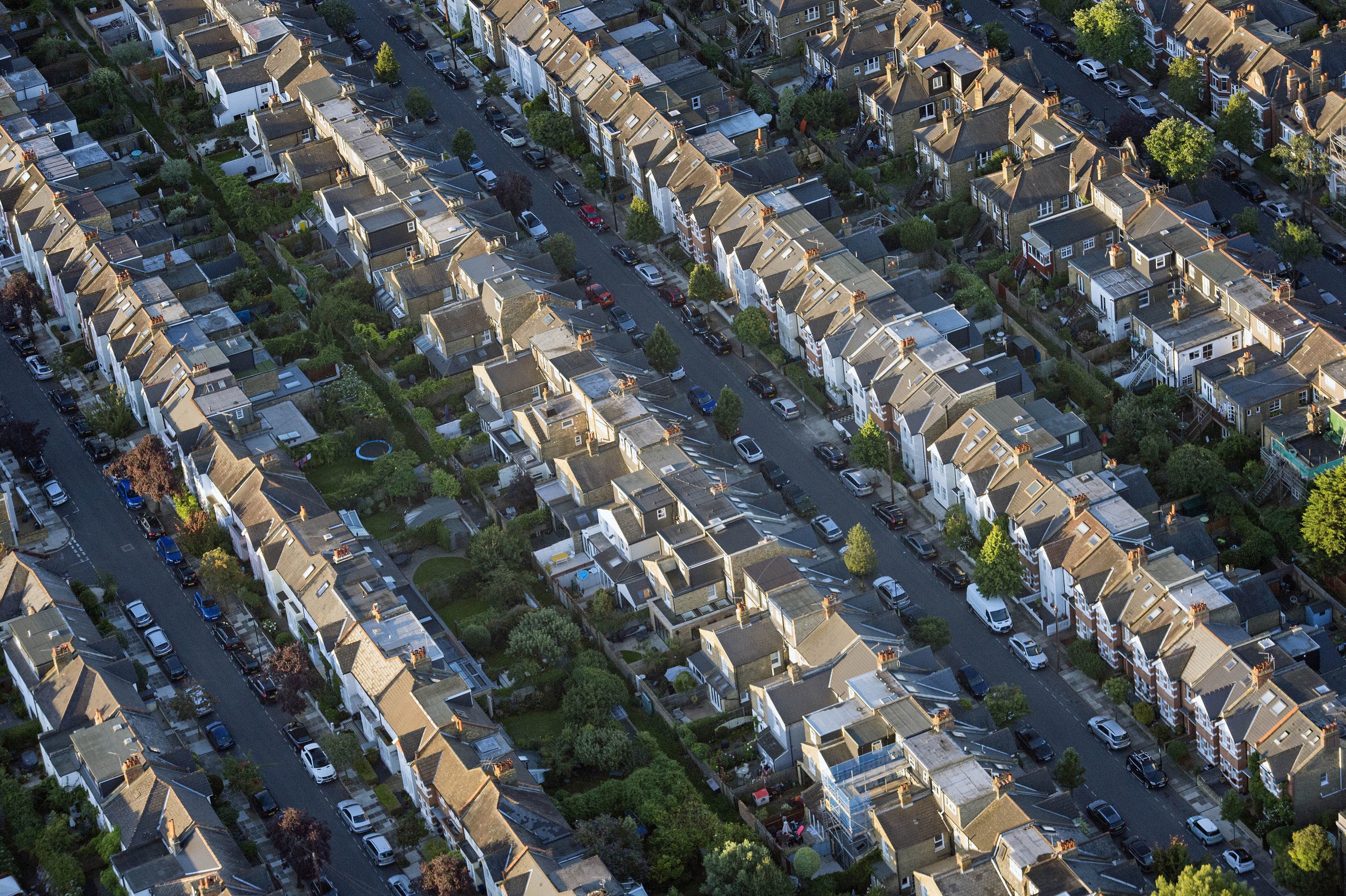UK house prices surge at fastest rate for 17 years as stamp duty holiday winds down
Tax breaks and pandemic savings help to push prices further out of reach for some buyers

UK house prices surged over the past year at their fastest pace since 2004, according to an index.
Nationwide found that sold prices jumped 13.4 per cent in the 12 months to June as experts predicted that a “cocktail of forces” would continue to support the booming market.
Despite the economic upheaval of the pandemic, the average price of a home rose 0.7 per cent in June, following a 1.7 per cent surge in May.
The increases mean prices are up almost 5 per cent since March. Estate agents have reported a rush of buyers seeking to push through their property purchases before a stamp duty holiday begins to taper off from 30 June.
Currently, the first £500,000 of a property purchase is not subject to the tax, saving buyers up to £15,000. The threshold is to be cut to £250,000 from 1 July and back to its pre-pandemic level of £125,000.
The stamp duty rate ranges from 2 per cent to 12 per cent of the purchase price, depending upon the value of the property bought, the purchase date and whether you are a multiple home owner.
Prices have also been buoyed by ultra-low interest rates and households who have been able to save more for a deposit during a series of coronavirus lockdowns.
Martin Beck, senior economic advisor to the EY ITEM Club, said: “Property prices continue to benefit from a cocktail of forces propelling demand.
“The extension of the stamp duty holiday looks to have prompted interest among potential buyers before the tax holiday begins to be phased out on 30 June.
“That older and higher income – and generally home-owning – households have emerged from the pandemic in a relatively good economic state continues to insulate the property market from the impact of Covid-19 too.”
The rapid rise in property prices is making home ownership unaffordable for some people, said Robert Gardner, Nationwide‘s chief economist.
“The improving availability of mortgages for those with a small deposit (and the continued availability of the government’s Help to Buy equity loan scheme) is helping some people over the deposit hurdle, but it is still very challenging for most,” he said.
“House prices are close to a record high relative to average incomes. This is important because it makes it even harder for prospective first time buyers to raise a deposit.
“For example, a 10 per cent deposit is over 50 per cent of typical first time buyer’s income. A potential buyer earning the average wage and saving 15 per cent of take home pay would now take five years to raise a 10 per cent deposit.”
Join our commenting forum
Join thought-provoking conversations, follow other Independent readers and see their replies
Comments
Bookmark popover
Removed from bookmarks